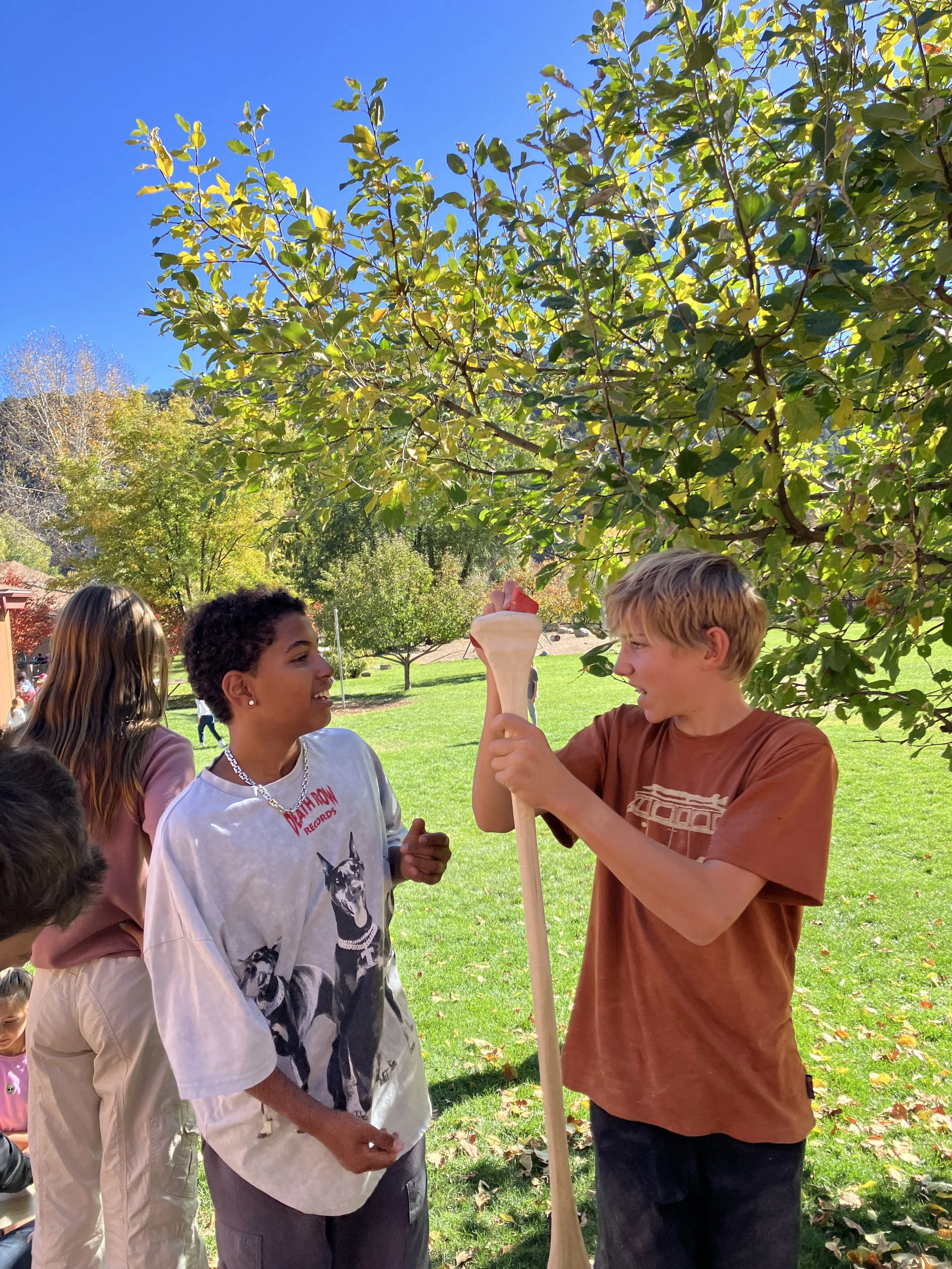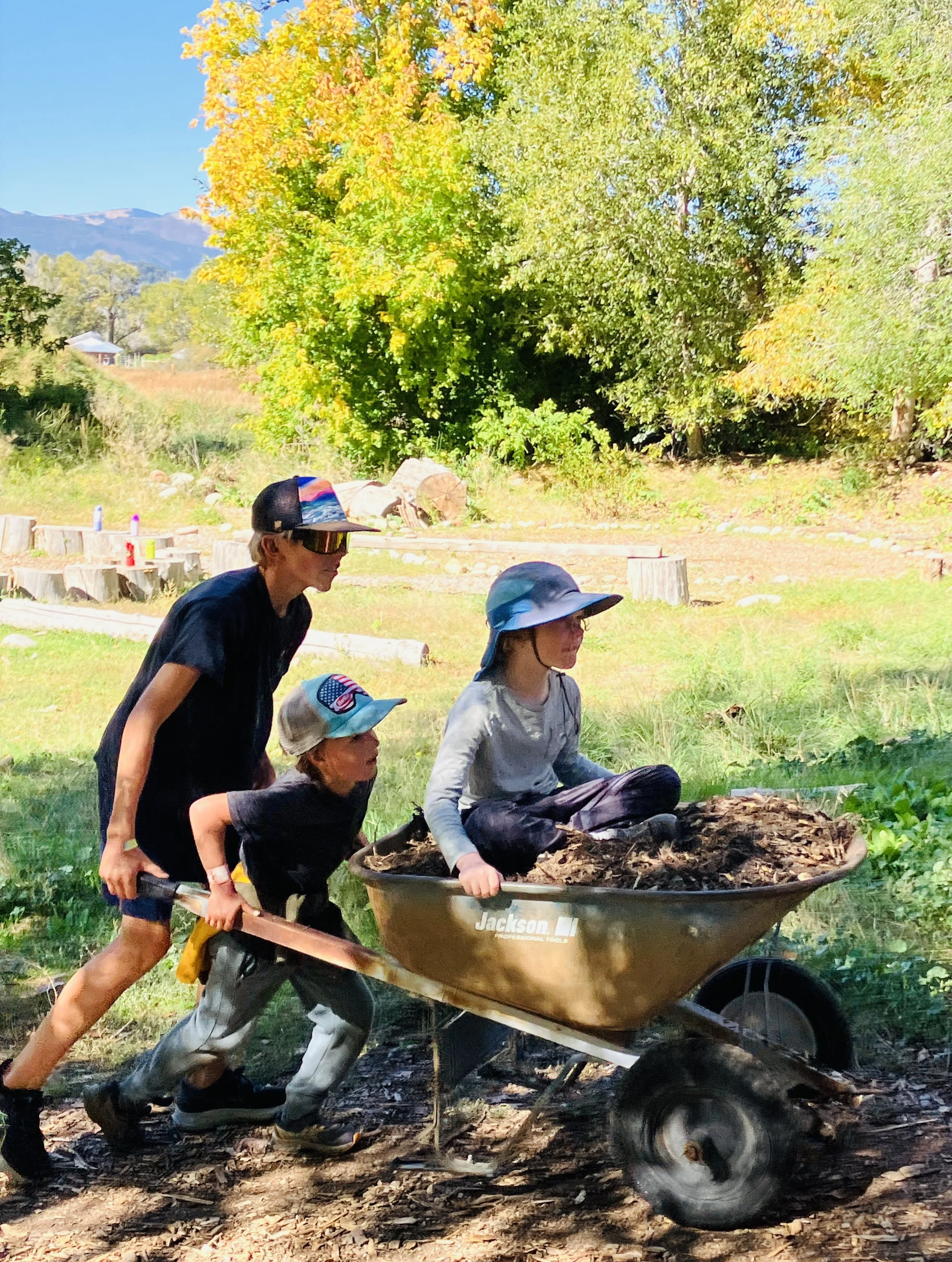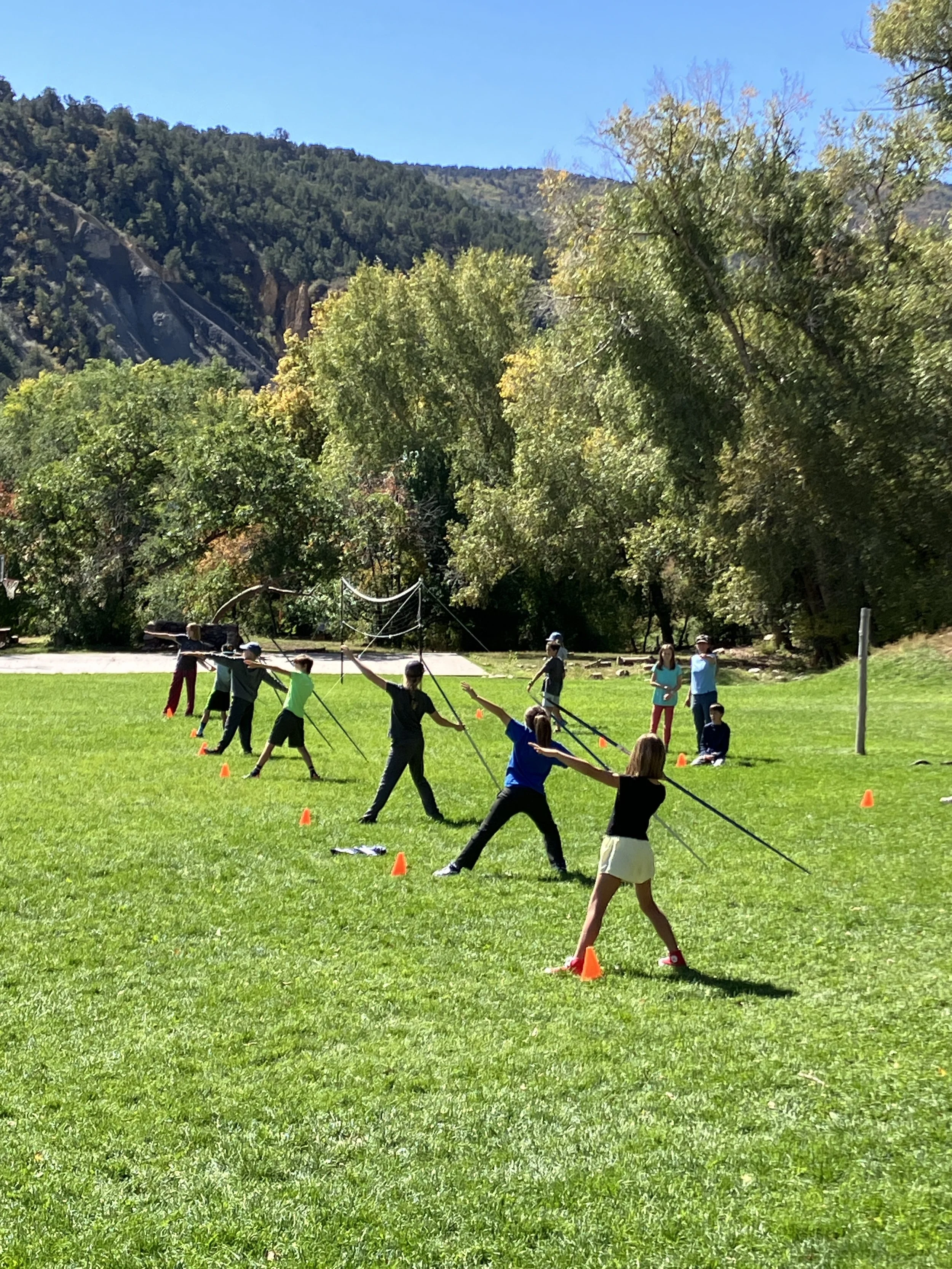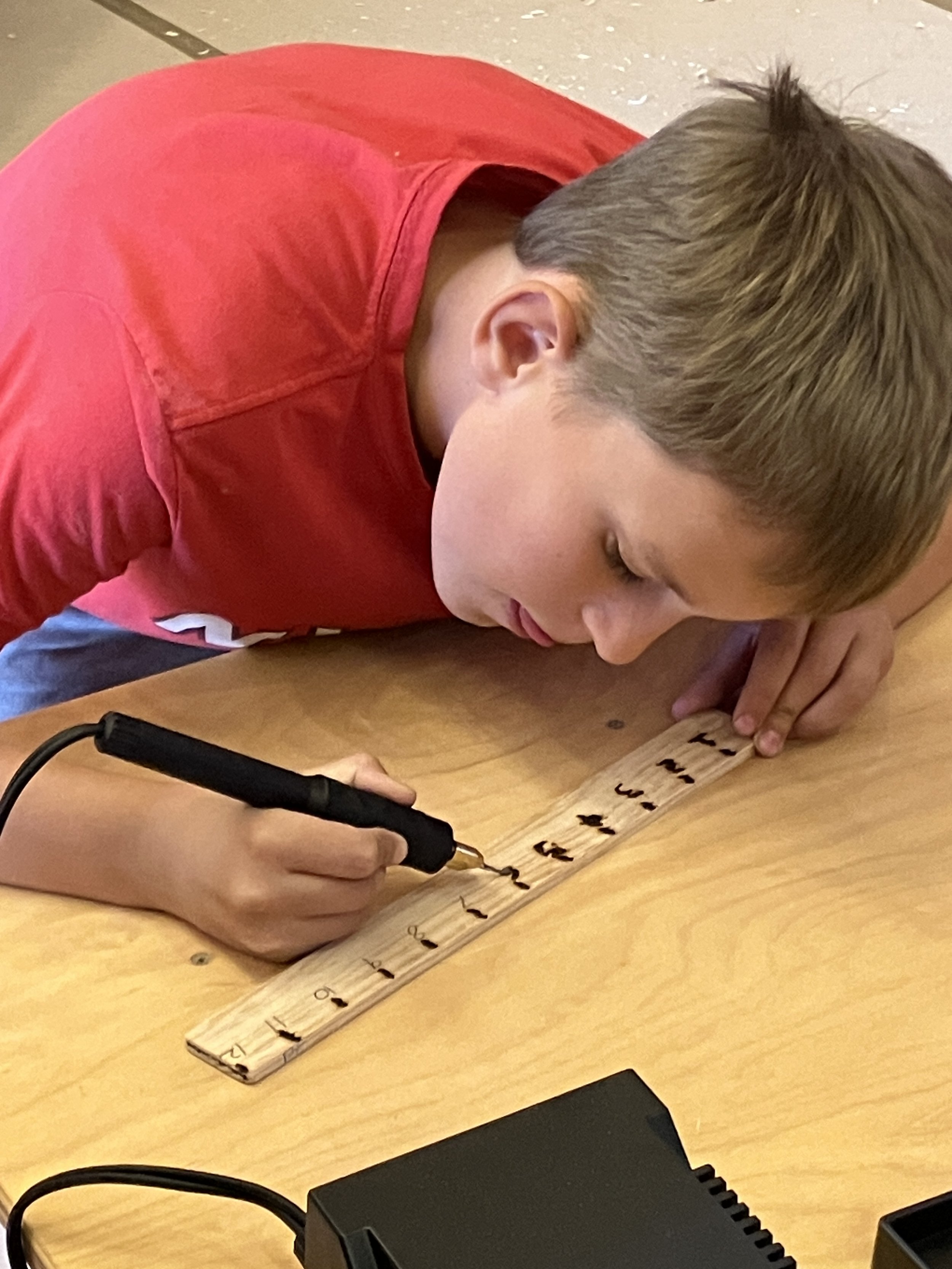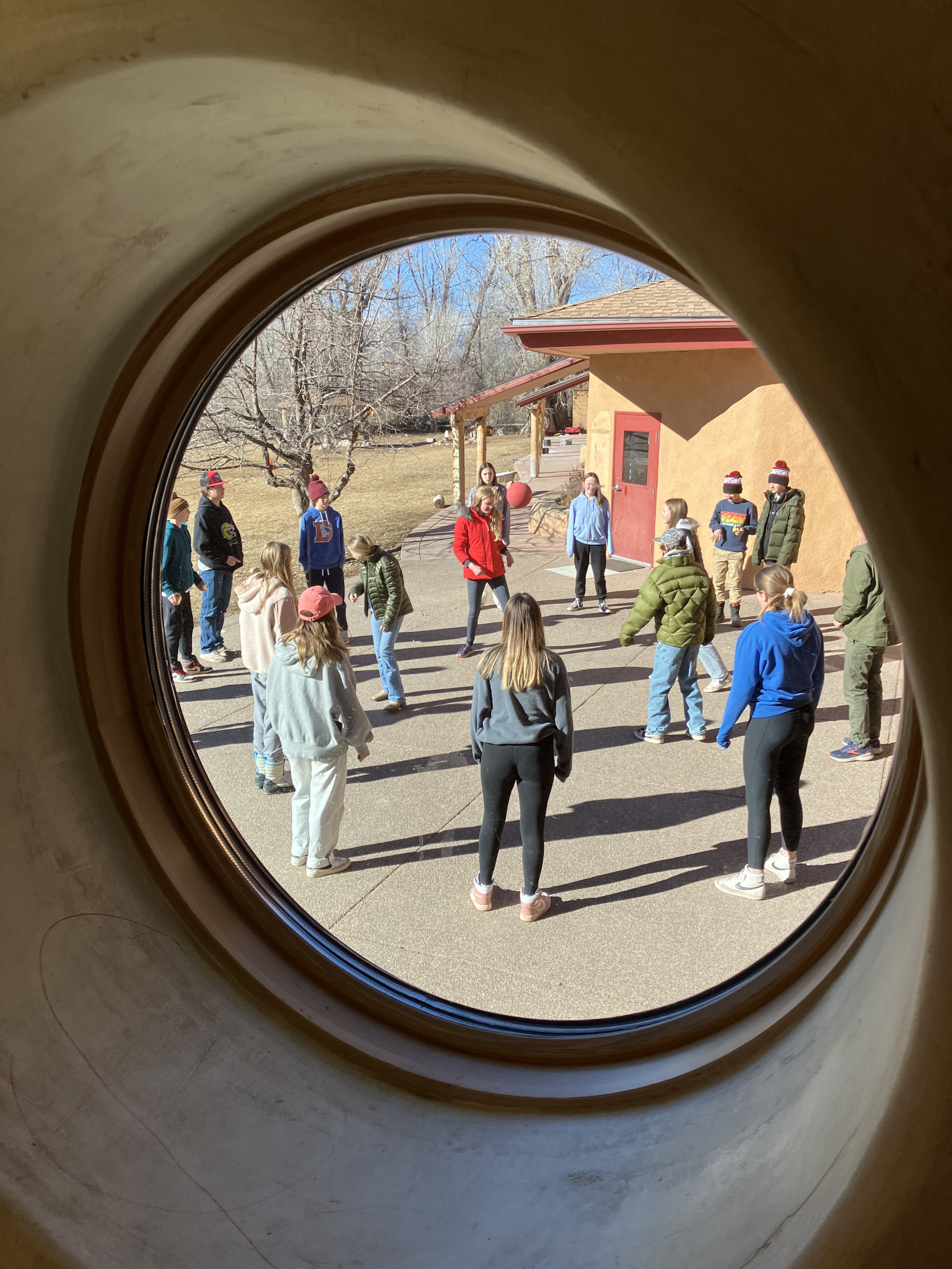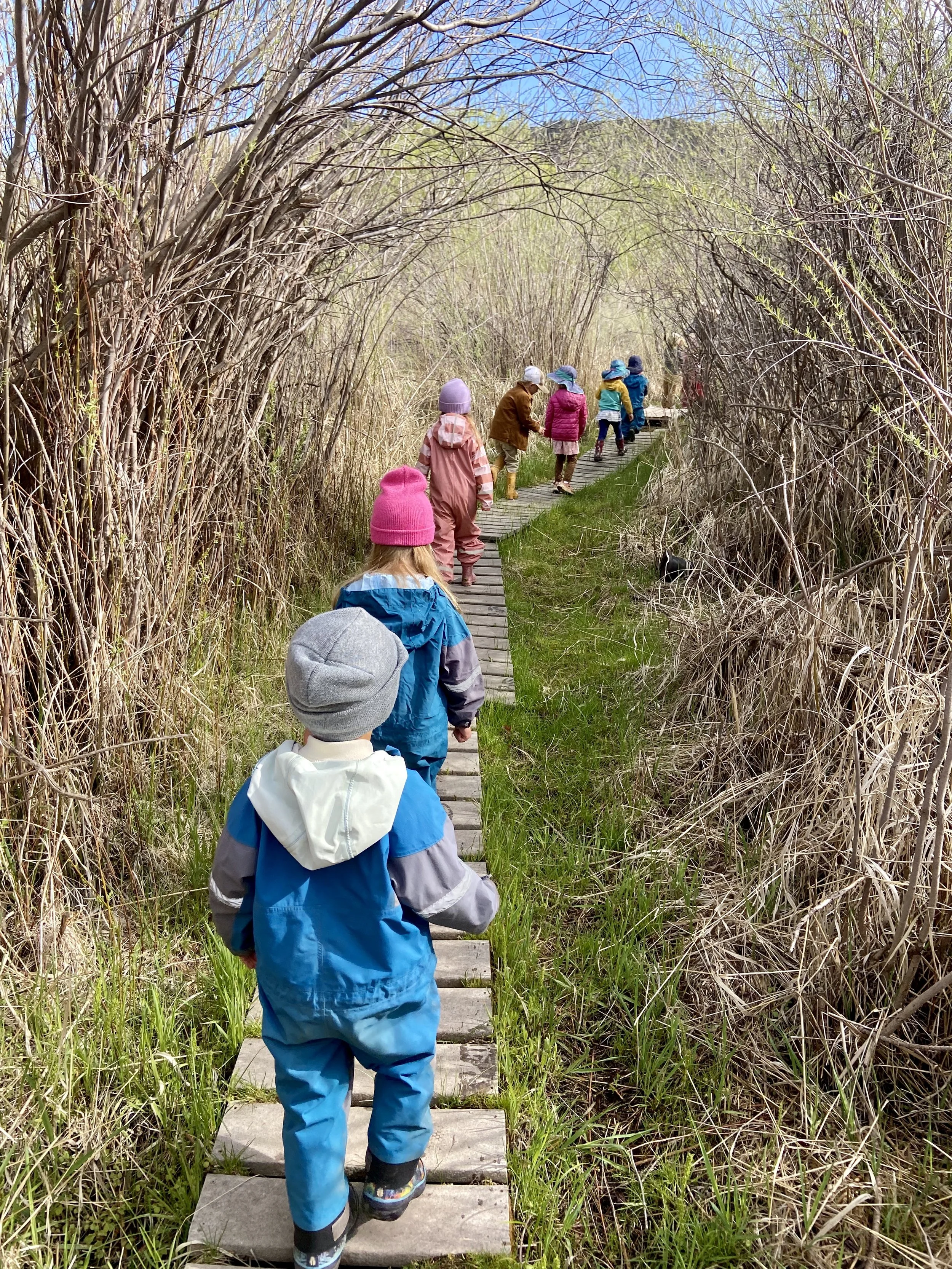Preparing for the Future: Education in the Age of AI
The Fast Company headline reads: “Teaching creativity and critical-thinking skills is imperative as AI transforms education”
According to the recent article, industry leaders during a panel discussion hosted by Fast Company at the World Economic Forum in Davos, Switzerland shared that “learning in the age of superintelligence (must) still prioritize skills that only humans can master.”
Michael Spence, president and provost of the University College London said “there’s things the machines can’t do that we need to be really good at teaching our students,” this includes teaching students “old-fashioned” skills, like how to suss out what’s true from what’s false, how to have meaningful conversations, and how to think critically, Spence added.
In Waldorf Education: Human Skills are a Priority that propel academics
Our curriculum is intentionally structured to fully engage every student and nurture human skills. Subjects are taught in a multi-sensory way that meets diverse learning styles and builds connections. For example, students may hear a story, in addition to writing about the subject, drawing an image and speaking a poem about the topic. Our students are challenged to ask questions during discussions and approach problems from diverse perspectives, building critical thinking skills as they make observations and expand understanding.
Creativity is interwoven into academic learning in our classrooms. From painting and drawing to sculpting and carving, art serves not only as a space for creativity but also a vital learning tool. When a student works with a topic in a hands-on, creative way such as sculpting an overhead map of their campus from clay as a part of their mapping work in 4th grade, their understanding of the topic is solidified for longterm recall. A research backed approach for longterm retention.
The Value of Connections
Our phone-free campus allows students to build meaningful connections with their classmates and teachers. Meaningful conversations are happening every day on our campus, in classrooms, at recess, lunch time and during social literacy classes. Our curriculum also intentionally overlapped to build connections. For example, 5th graders study Ancient Greece through literature, history and Geometry in the classroom but it also comes to life in specialty movement classes where they train for a Greek Pentathlon in the Spring competing with other Waldorf students.
Connection is the core of our community. Our social-literacy program includes a campus buddy system that pairs each student across all the grades. For example, each 8th grader has a 1st grade buddy, each 7th grader is paired with a 2nd grader and so on. Buddies meet weekly on Fridays to attend a brief assembly as well as for seasonal activities such as pumpkin carving, holiday gift making or spring crafts.

